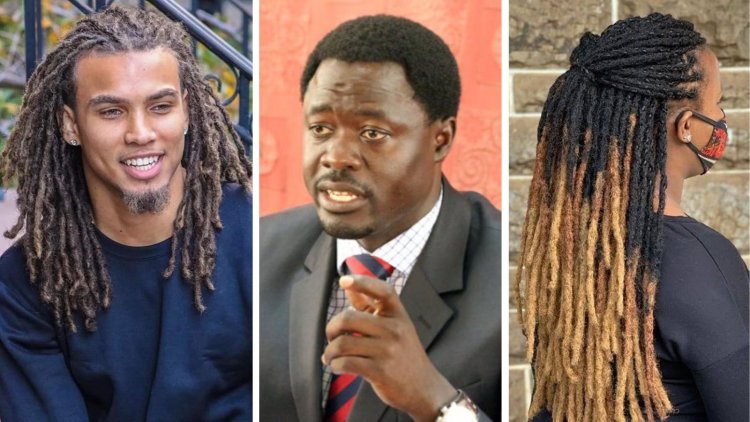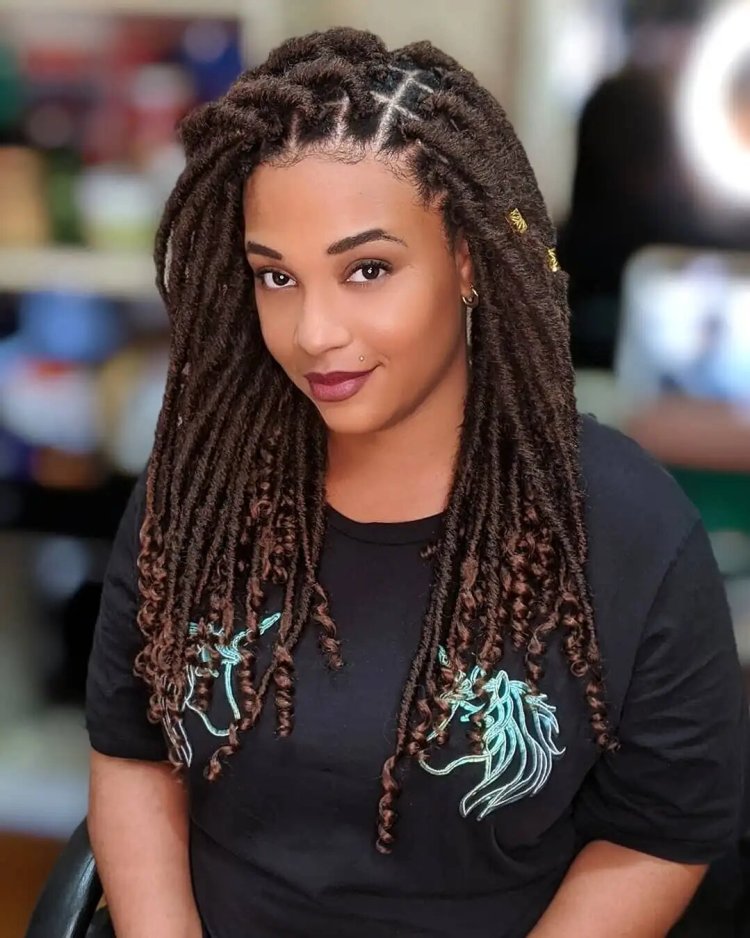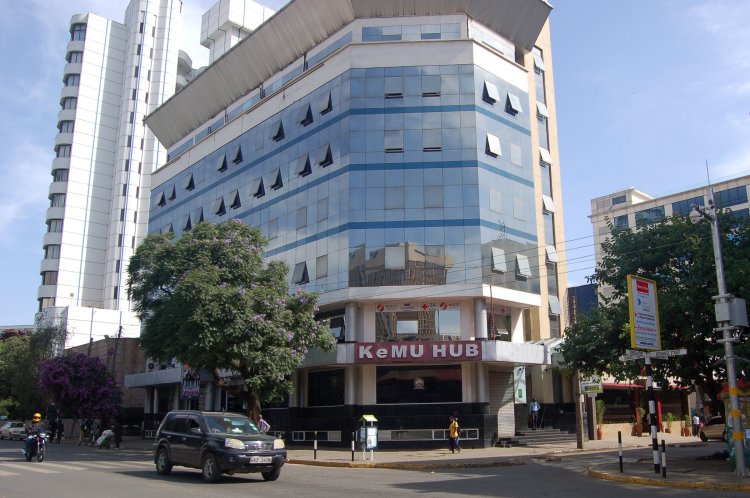Azimio MP Peter Kaluma's Remarks On Dreadlocks Cause Global Uproar
Despite Kaluma's defence to the backlash that would thereafter ensue, he was powerless to stop thousands of tweeps from tearing him apart for being discriminatory and biased.

Homa Bay Town Member of Parliament (MP) Peter Kaluma criticised doctors, lawyers and engineers donning dreadlocks in their line of work, a matter which triggered a heated debate on social media across the world.
It all started on Sunday, January 8 when he tweeted a memo by the Kenya Methodist University (KeMU) introducing a dress code policy on its students in what can be seen as an attempt to impose a workplace culture on its student fraternity.
"This should be enforced by all Universities and learning institutions. We're training leaders in various fields, not prostitutes!" he captioned.

A woman donning dreadlocks. /FILE
One Sekuru Roddie from Zimbabwe, living in North West in England, however, challenged KeMU's decision to impose the dress code policy in a level of education known for its freedom for students to wear whatever they are comfortable with to campus, terming the move as "Very trivial, what’s wrong with dreadlocks? Is this a Kids' University?"
The lawmaker's response to Sekuru's tweet however did not sit well with the rest of the Twitter universe and by the time of publishing, it was viewed over 8.2 million times, quoted by over 3,500 people, liked by 508 and retweeted by just 134.
"Imagine your doctor, lawyer, or engineer in dreadlocks," he replied, including two emojis of a person running.
Imagine your doctor, Lawyer, Engineer in dreadlocks ???????? — Hon. George Peter Kaluma (@gpdkaluma) January 8, 2023
Despite Kaluma's defence to the backlash that would thereafter ensue, he was powerless to stop thousands of tweeps from tearing him apart for being discriminatory and biased.
"Done and I’m glad they can choose their hairstyle and deliver in their profession!" wrote celebrated media personality Sheila Mwanyigha.
"This is me with my dreadlocks working for the 3rd largest company in the world - Microsoft. They value what I bring to the table and not small & pesky items like my hair," weighed in a senior manager at Microsoft Africa.
Others from Rwanda, Uganda, the United States (US), and Jamaica among others joined in, sharing photos of themselves donning dreadlocks in professional settings and even showing off their academic achievements to disprove the MP's sentiments while others minced him with all manner of memes.
Even former Independent Electoral and Boundaries Commission (IEBC) commissioner Roselyn Akombe, who is the current Chief of Peacebuilding Strategy and Partnerships at the United Nations Department of Political and Peacebuilding Affairs (UNDPPA) based in New York, couldn't miss out.
Others schooled Kaluma by telling him that they have been successful in their careers while sporting locks and that having one shouldn't be used as a means of judging their competence or qualifications.
It thus brings to the fore the debate on one's hairstyle in any career on the planet and its relevance in a professional appearance. While some argue that certain hairstyles, such as locks, can be unprofessional and may lead to discrimination, others believe that hair has nothing to do with one's ability to do their job.
In a memo to students seen by Viral Tea dated Thursday, January 5, KeMU, the Chartered Christian University based in Meru County with campuses also in Nairobi and Mombasa, banned male and female students from donning attire that would be considered to breach the conduct of the university.
Male students were barred from wearing Rasta/dreadlocks (Wear properly groomed hair), Plaited hair, Earrings, Untucked shirts, Vests that show bare chests as well as Hats/caps in classes and offices.
For female students, tumbo cut (exposing their belly and naval) Bare backs (exposing their backs), Miniskirts (any skirt above the knee line), a skirt whose slits are above the knee line, Dresses/blouse with a neckline running down more than four inches, Body tight trousers and see through clothes were prohibited.
"The Dean of Students wishes to encourage all students to adopt a style of dressing and appearance that would be acceptable in the various fields of work and society in general. All students are required to comply with the University code of dressing and wear appropriate attire during study, at meal times in the dining hall, and in all university functions," Dr Esther Mbaabu, the Dean of Students at the university, stated in part.

KeMU campus in Nairobi. /FILE

 admin
admin 




